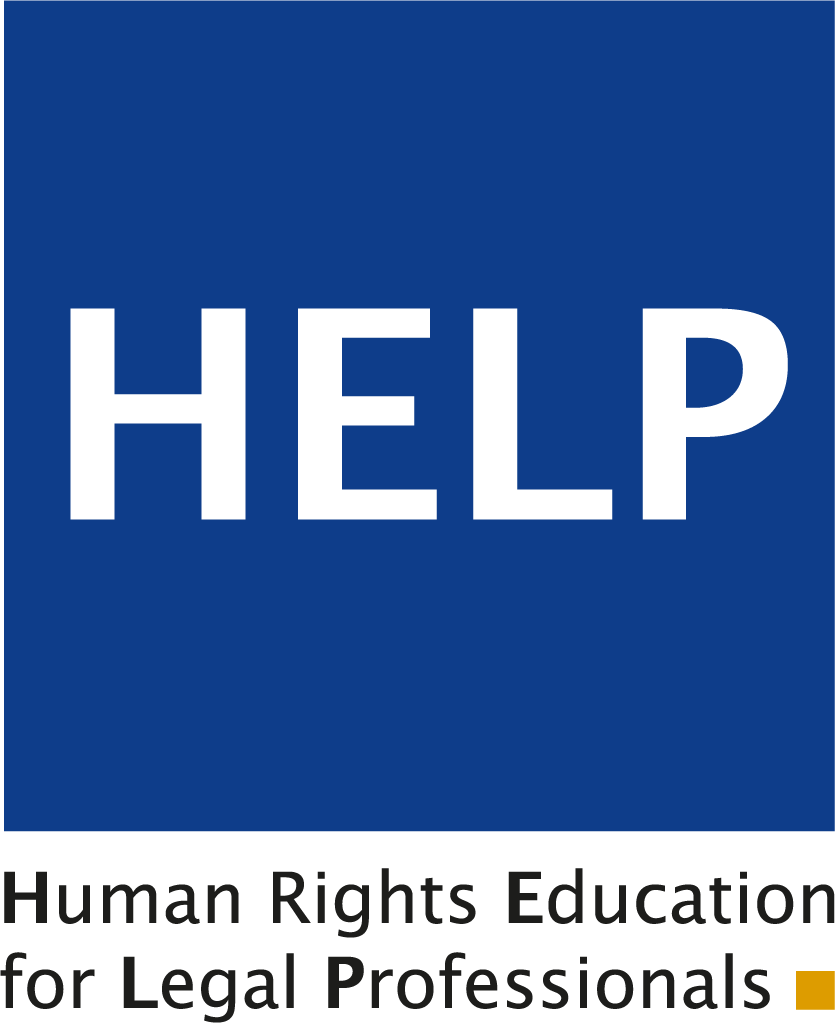The protection of refugees has been a priority for many years now in Europe. Despite the progress made, there are still significant gaps in both law and practice. A fully updated version of the HELP/UNHCR online course on "Asylum and Human Rights" is now available on the HELP e-learning platform and comes at a very timely but also challenging moment.
The course was initially developed in 2015 jointly by the Human Rights Education for Legal Professionals (HELP) Programme of the Council of Europe (CoE) and the Office of the United Nations High Commissioner for Refugees (UNHCR) as “Asylum and the ECHR”. It was updated in 2020-21 under the EU-CoE “HELP in the EU II” project to contain the most recent developments and to broaden its scope. The update process was done in cooperation with the UNHCR Representation to the European Institutions in Strasbourg and involved several relevant CoE entities, namely the Office of the Special Representative of the Secretary General on migration and refugees, the Independent Human Rights Bodies Division as well the Registry of the European Court of Human Rights.
The updated edition covers in an interactive way the key concepts, the international and European refugee law and Human Rights standards (UN, CoE and EU) and the impressive body of case-law of the European Court of Human Rights (ECtHR) and of the Court of Justice of the European Union (CJEU). A key reference material to develop this course has been the Handbook on European law relating to asylum, borders and immigration developed jointly by the EU Fundamental Rights Agency and the European Court of Human Rights.
“In 2020 we marked the 70th birthday of the ECHR, and this year we commemorate the 70th anniversary of the Geneva Refugee Convention during a period when these legal instruments have never been more relevant, but where some voices have also started to challenge the fundamental European values enshrined in these standards. This free HELP online course aims at assisting legal professionals and others working with refugees and asylum seekers to better understand the importance of the ECHR and the complexity of its interaction with other international instruments and standards. Access to territory and asylum, non-refoulement, alternatives to detention, reception and the right to family life are among the exciting topics of this unique training”, said Andreas Wissner, UNHCR’s Representative to the European Institutions in Strasbourg.
Through interactive information, examples, scenarios, reflective exercises and presentations the course examines key legal and practical terms and principles relating to refugee law and the applicable human rights standards.
“I am pleased that the HELP/UNHCR course on Asylum and Human Rights has been updated to reflect the latest developments in that fast-moving field. States face multiple challenges, which can differ from countries of transit or destination and the frontline countries. While states have the right to decide on entry and residence of foreigners, they still need to ensure the respect of human rights of migrants and refugees: their protection from violence and ill-treatment, ensure access to fair procedural safeguards and the right to family life”, said Drahoslav Štefánek, Special Representative of the CoE Secretary General on Migration and Refugees.
The updated edition of the course consists of 5 modules, namely:
- Introduction
- Why this course?
- What are the relevant human rights standards?
- What are the relevant complaint mechanisms?
- Redress
- Non-refoulement, the right to life and prohibition of ill-treatment
- Non-refoulement principle
- Right to life
- Prohibition of ill-treatment
- Access to territory
- Non-refoulement and the Dublin Regulation
Detention and Reception
- Meaning of liberty
- Lawfulness of detention
- Procedural safeguards
- Reception and alternatives to detention
The right to family life and asylum
- The importance of family unity
- Legal standards
- The different meanings of family
- Admission and expulsion of family members
- Procedural safeguards
Effective remedy
- General principles
- Procedural safeguards and non-refoulement
- Procedural safeguards related to collective expulsions
The course is freely available in self-learning format on the CoE HELP e-learning platform. The overall length of the online course is approximatively six hours and those who complete it online can obtain an electronic ‘Statement of accomplishment’.
The updated version of the course will also be translated into several languages and launched in tutored format in collaboration with interested HELP national partners (National Training Institutions and Bar Associations).
Other related HELP courses available online for free and leading to accreditation:
HELP course on Refugee and Migrant Children (10 hours)
HELP/UNHCR course on Alternatives to Immigration Detention (7 hours). This course is based on the Council of Europe’s CDDH Analysis and Practical Guide on Alternatives to Immigration Detention. It has been produced jointly by the Independent Human Rights Bodies Division and the HELP Programme with the support of the Office of the SRSG on Migration of the Council of Europe and in collaboration with the UNHCR.




